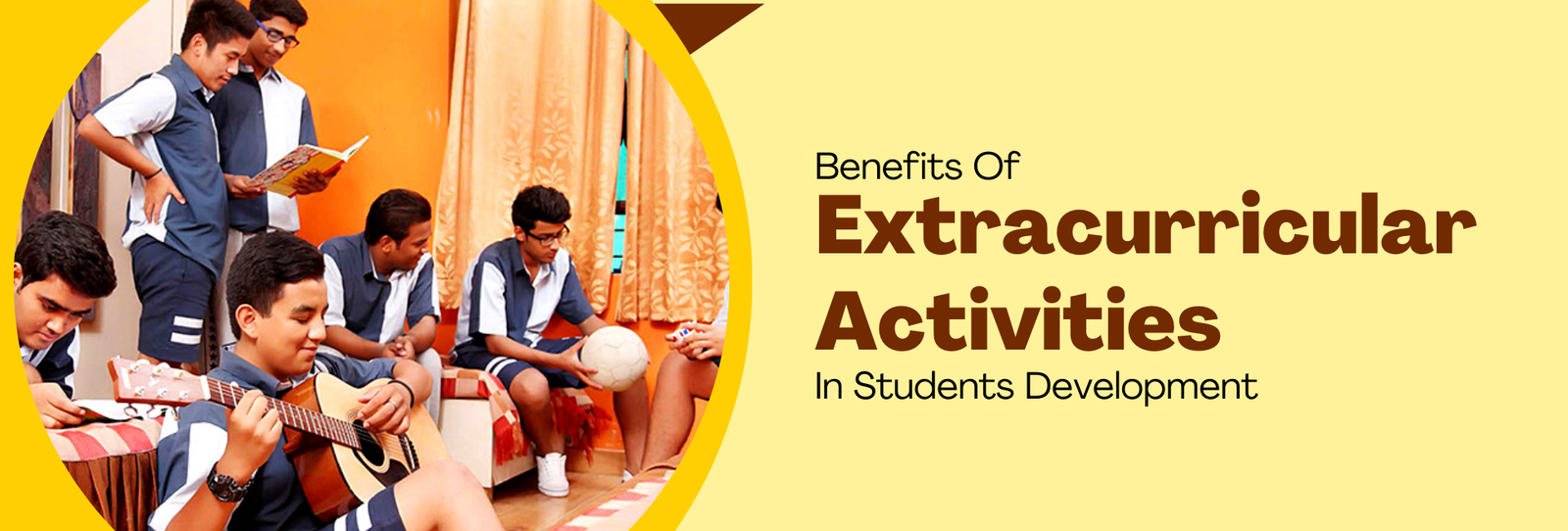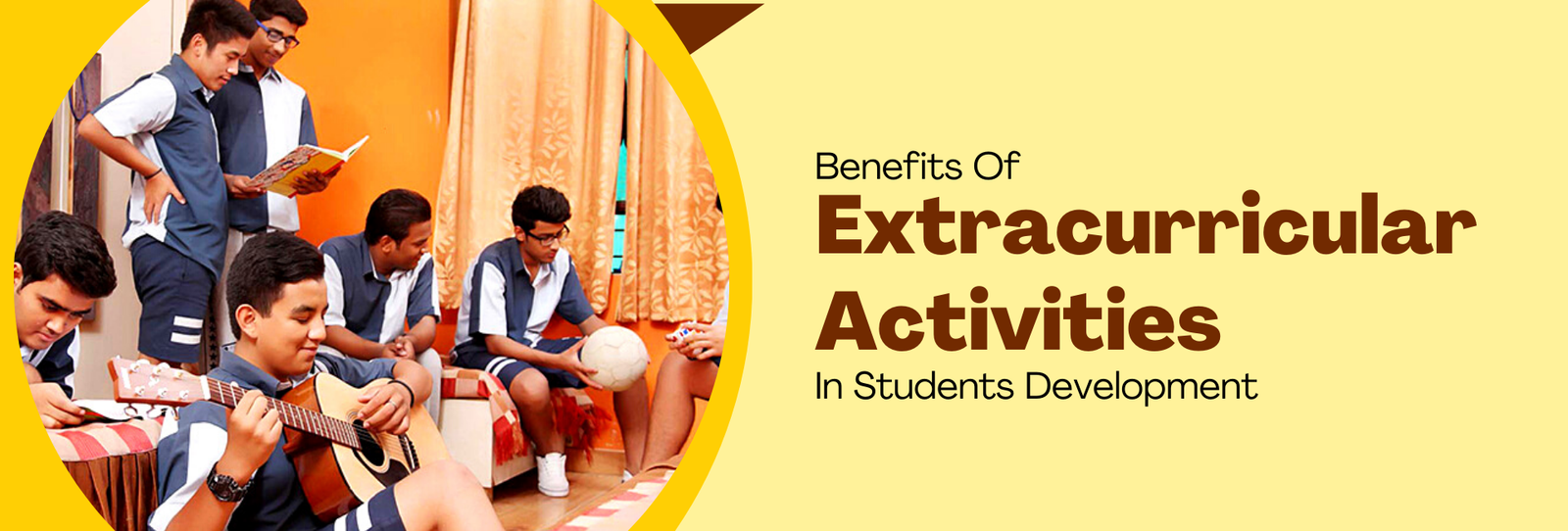Extracurricular activities play a significant role in student development, offering benefits that extend beyond the classroom. These activities, ranging from sports and clubs to volunteer work and arts, contribute to personal growth, skill development, and academic success. Here’s a look at why extracurricular activities are essential for students.
Enhancing Personal Development
Extracurricular activities provide opportunities for students to develop important personal skills. Participation in these activities fosters qualities such as leadership, teamwork, and time management. For instance, taking on a leadership role in a student organization or sports team helps students develop confidence and decision-making skills. Engaging in diverse activities also allows students to explore their interests and passions, contributing to a well-rounded personal development.
Building Social Skills
Participating in extracurricular activities allows students to interact with peers outside their academic environment. These interactions help students build and strengthen social skills, such as communication, collaboration, and conflict resolution. Working on group projects, participating in team sports, or joining clubs exposes students to diverse perspectives and personalities, enhancing their ability to work effectively with others and build lasting relationships.

Improving Academic Performance
Contrary to the belief that extracurricular activities detract from academic performance, research shows that students involved in these activities often perform better academically. Engaging in extracurriculars can improve organizational skills, increase motivation, and provide a constructive outlet for stress. The discipline and time management skills developed through balancing academics with extracurriculars can lead to improved study habits and academic success.
Exploring Career Interests
Extracurricular activities offer valuable opportunities for students to explore potential career interests. Participation in clubs related to specific fields, such as debate clubs, science clubs, or art societies, helps students gain practical experience and insight into their areas of interest. These activities can also provide opportunities for networking and mentorship, helping students build connections and gain guidance in their chosen fields.
Developing Life Skills
Extracurricular activities equip students with a range of life skills that are beneficial beyond their academic careers. Skills such as problem-solving, goal-setting, and resilience are often developed through participation in activities like sports, music, or volunteer work. These experiences teach students how to handle challenges, work towards objectives, and persevere through difficulties, all of which are valuable in both personal and professional settings.
Fostering a Sense of Belonging
Being involved in extracurricular activities helps students feel more connected to their school community. These activities provide a sense of belonging and identity, allowing students to form friendships and build connections with others who share similar interests. This sense of community can contribute to a positive school experience and overall well-being.
Promoting Physical and Mental Health
Extracurricular activities, particularly those involving physical activity, promote better physical health. Sports and fitness activities help students stay active, reduce stress, and improve overall well-being. Additionally, engaging in creative and recreational activities supports mental health by providing a constructive outlet for emotions and reducing feelings of anxiety or burnout.
Encouraging Lifelong Learning
Participation in extracurricular activities fosters a love for learning and personal growth that extends beyond the classroom. Students who engage in diverse activities develop a curiosity and enthusiasm for exploring new subjects and skills. This attitude towards lifelong learning can benefit them in future academic and professional endeavors, encouraging continuous personal and intellectual development.
Building a Strong Resume
Extracurricular activities enhance a student’s resume and college applications. Colleges and employers value well-rounded individuals who demonstrate involvement in various activities and interests. A strong record of extracurricular participation can set students apart from others and highlight their commitment, leadership, and diverse skill set.
Conclusion
Extracurricular activities are crucial for student development, offering benefits that extend well beyond academic achievement. They enhance personal and social skills, improve academic performance, and provide opportunities for exploring career interests. By participating in extracurriculars, students develop valuable life skills, foster a sense of belonging, and promote their overall physical and mental health. Encouraging active involvement in extracurricular activities helps students grow into well-rounded individuals, prepared for future success.

